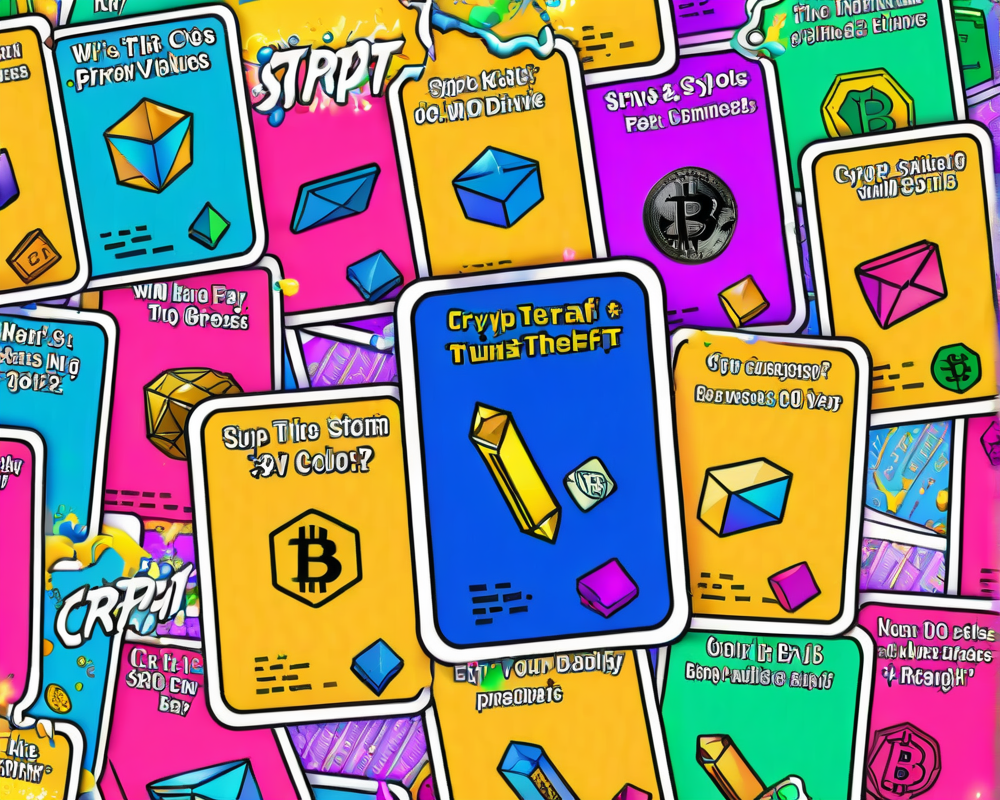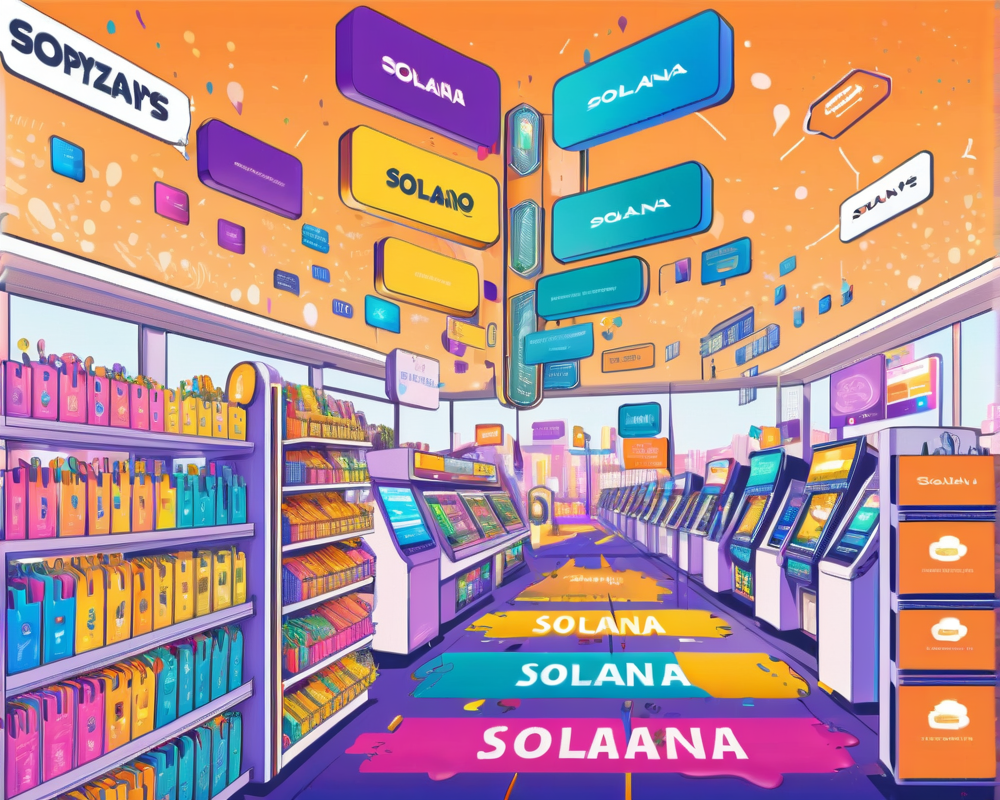The NFT Marketplace Nightmare
In the bustling bazaar of digital art, a certain NFT marketplace has bitten the dust—quite spectacularly, if we’re honest. Magic Eden has found itself at the center of a scandal where users unwittingly purchased fake NFTs due to an exploit in their system. It’s like buying a counterfeit designer handbag, but with a little less leather and a whole lot more blockchain.
What Went Wrong?
The hullabaloo kicked off when a bug in the newly deployed activity indexer allowed fraudulent NFTs to pass through the verification process. Suddenly, these scammy digital tokens were mingling with the genuine article, like a bad apple at an organic farm. This glitch let fake NFTs slip onto the platform, leading to users unwittingly parting with their hard-earned Solana—about 1,100 SOL, which translates to nearly $15,000 to be precise!
The High-Profile Victims
Those left reeling from the fallout included big hitters like the Solana-based collections ABC and y00ts. Imagine splurging on a luxurious y00ts NFT only to realize it’s as genuine as a three-dollar bill. Twitter was abuzz with users crying foul, warning others not to purchase these fraudulent tokens—which meant the meme-factory of indignation turned out to be more than just digital noise.
Rectification Efforts
After the dust settled and the beat dropped, Magic Eden promptly came forward, announcing that they would refund all users who purchased these deceptive NFTs. The platform said, “Magic Eden is safe for trading and we will refund all the users who mistakenly bought unverified NFTs specifically due to this issue.” But hey, who wouldn’t feel a little software panic when *literally every collection might be fake*?
Tackling The Bug
In response, Magic Eden disabled their trading tools and advised users to perform a “hard refresh” to cleanse their browser caches of the unverified NFT listings. Think of it like spring cleaning—but for your digital wallet! The silver lining in all this? Magic Eden seems determined to rectify this fiasco faster than you can say “hard fork.”
Previous Woes and Warnings
This wasn’t Magic Eden’s first rodeo with chaos. Just days prior, users reported scrolling through their marketplace feeds only to stumble across unsavory images from • you guessed it • common TV shows like The Big Bang Theory. Apparently, a third-party image hosting snafu led to content that made browsing feel like a trip down a bizarre rabbit hole. Imagine expecting NFTs and getting a side of raunchy pixels instead!
Final Thoughts
As the NFT landscape continues to evolve, it’s crucial for both platforms and users alike to tread carefully. In a digital world that’s often like the Wild West, it’s becoming clearer than ever that verification is key—much like checking if your favorite online store is legit before hitting “buy.” For now, let’s just hope Magic Eden regains its footing without a hitch, and that the only fake NFTs we hear about in the future come with an ironic punchline.




